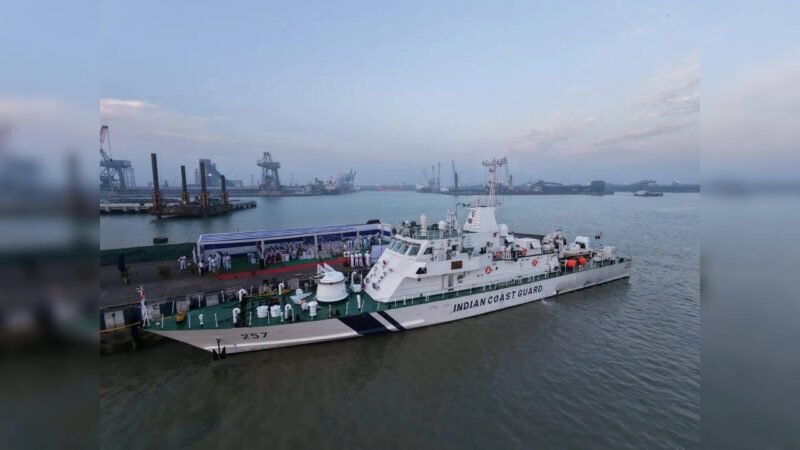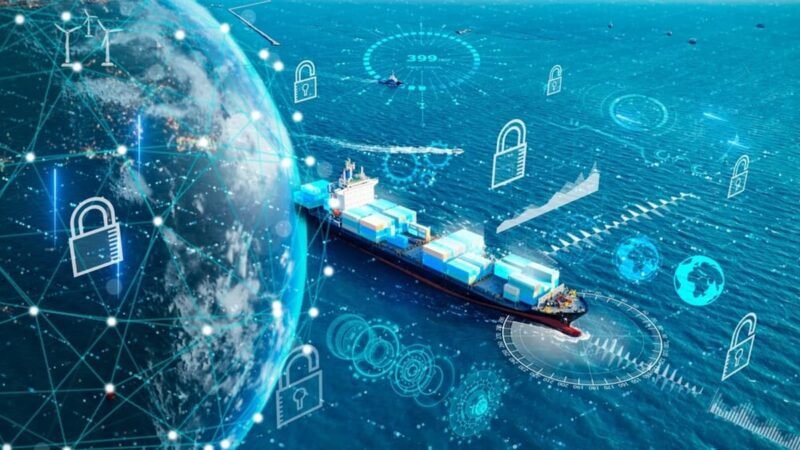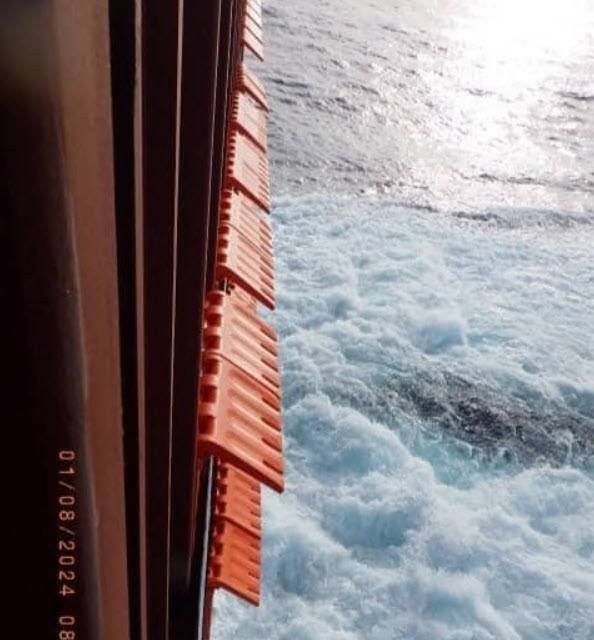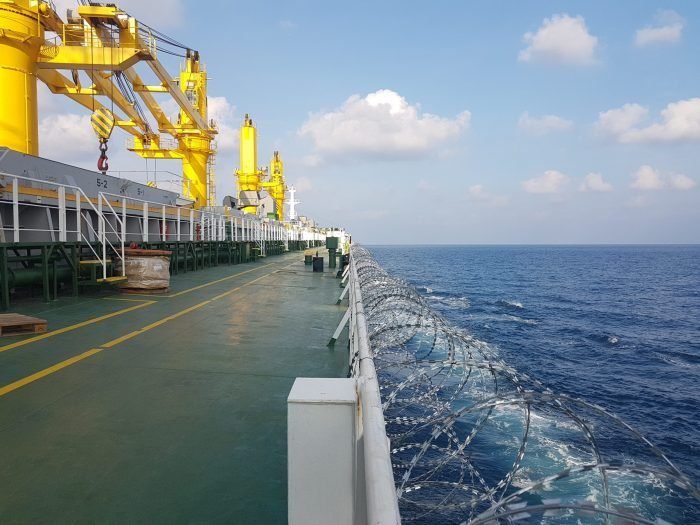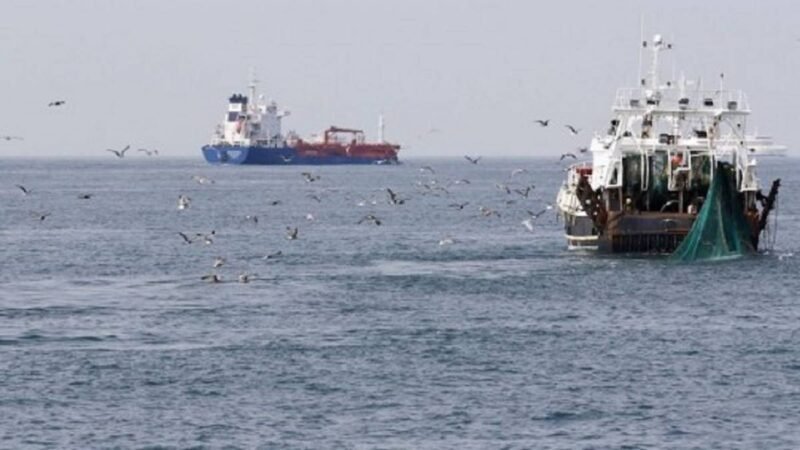Defending against GPS jamming and spoofing poses significant challenges and costs, although “anti-jam” technology is available. Additionally, cargo ships face vulnerabilities due to the rising reliance on sensors for monitoring emissions, which often transmit data, creating potential entry points for hackers.
In response to these threats, the maritime industry is enhancing its security measures. In 2021, the International Maritime Organization (IMO) implemented new cybersecurity regulations within its global safety management code for merchant shipping. These regulations mandate that specific cyber risk management practices be integrated into ship safety protocols to counteract deliberate cyber-attacks.
Ship management systems are now required to adopt stringent cybersecurity measures, which include both basic security practices and more advanced operational and IT protocols. According to shipping specialist Tom Walters, this shift marks a significant improvement in the industry’s preparedness compared to six or seven years ago. There is a growing awareness of cyber threats, which is expected to continue increasing in the coming years.
At the law firm HFW, communication with cybercriminals typically occurs through brief electronic messages, often during ransomware negotiations. Henry Clack notes that these exchanges are concise, usually comprising just a few sentences each day, reflecting the serious nature of these interactions.
Share it now








